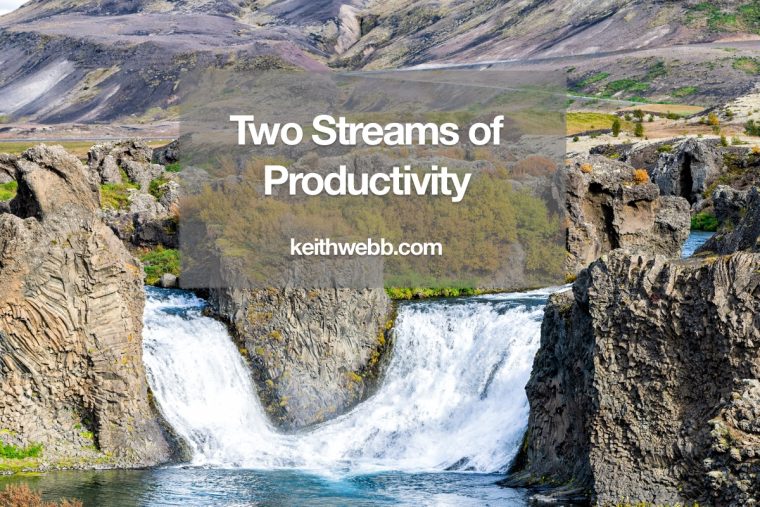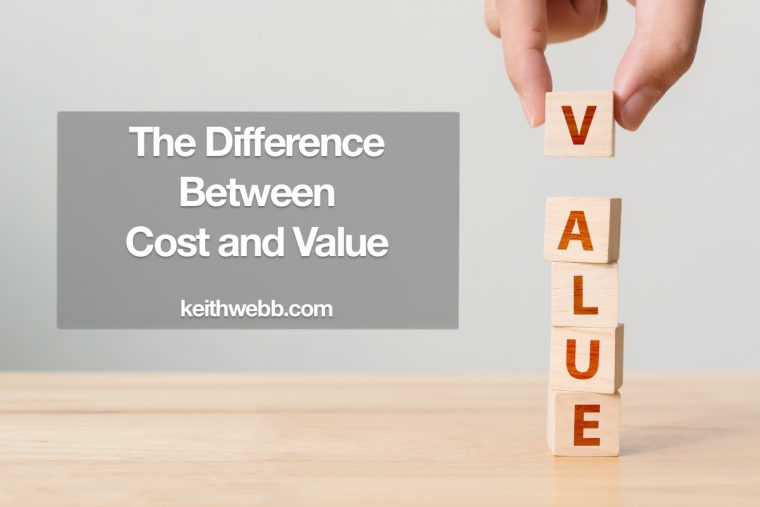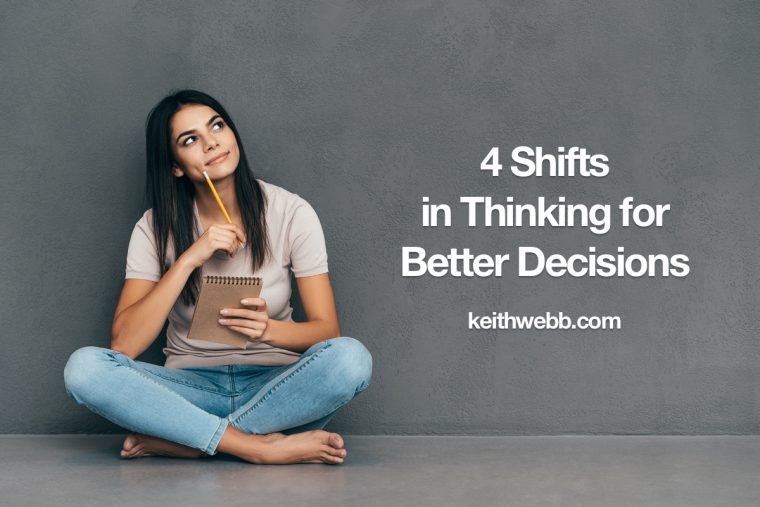Praying for people often involves a few reminders, “Lord, help her to know how much you love and care for her,” a fair amount of encouragement, “Jesus, help him to see that he’s doing his best,” and a sprinkling of advice, “God, I pray she could be bold and talk to her boss, relying on your confidence, to make her case directly.”

At a missions conference last week, I joined with others praying with coaching skills. What I heard included listening, asking, waiting, responding, and partnering – both with the Holy Spirit and the person we prayed for. It went something like this:







